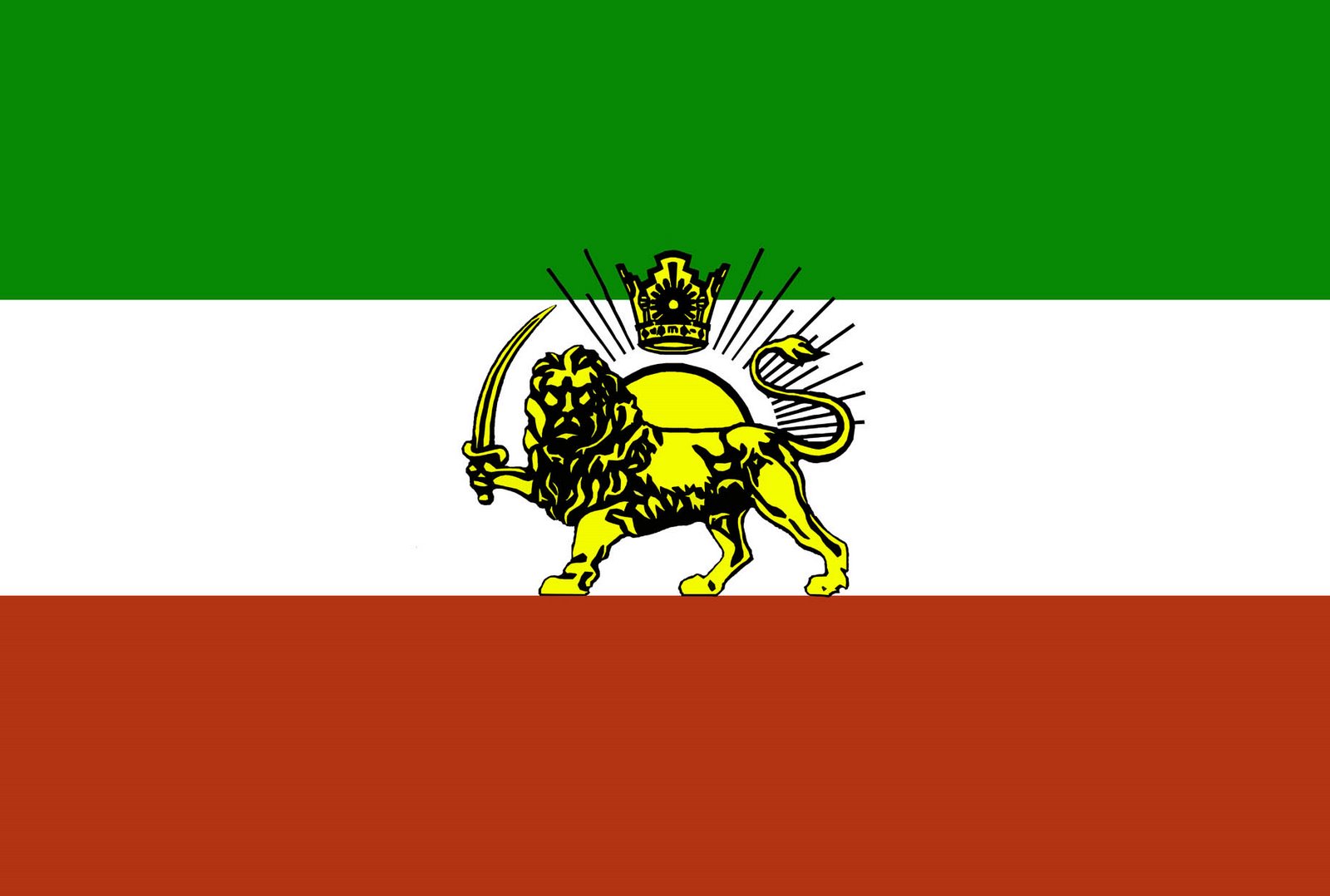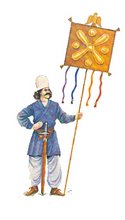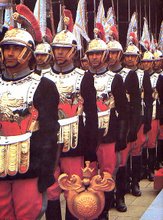Published Feb 11, 2010
Reza Pahlavi was just 17 when his father, the shah, fled the country in 1979. Since then, the former crown prince of Iran has become a thorn in the side of the theocratic regime, particularly after the disputed presidential election last June. With new protests looming, he spoke recently with NEWSWEEK's Jerry Guo. Excerpts:
Do you have insiders who keep you in the loop on the regime's thinking?
I have lines of contact. Access to information has been very restricted by the regime, but we can affirm the discontent goes well beyond Tehran and the major cities. They didn't have enough manpower to cope with the demonstrations surrounding Ashura [in December]. They had to shuttle security forces from one town to another.
But isn't it commonly assumed that the countryside is more pro-regime?
The regime has completely disregarded its own kind. The crackdown during Ashura, one of the holiest days in Shia Islam, was an unprecedented offense to people's deepest beliefs. So they cannot appeal to their own religious base. Even conservatives realize that by now.
This sounds like we're no longer talking about reform.
The regime is not reformable. We tried it for 20 years. The central issue is to do away with the theocracy. A secular government is a prerequisite to democracy. It's in the best interest of the clerical establishment, too: the sanctity of religion has been most damaged by religious governance. The regime has been presenting everyone secular as anti-religion. The violence has been committed in the name of religion.
Will the regime go quietly when its leaders know their heads will be on the block?
Key elements within law enforcement or the military should consider themselves part of the transition. I look at South Africa as the model, a campaign based on amnesty and national reconciliation. Many elements are stuck in the regime and want out.
Do you see a role for yourself in a new secular government?
My preoccupation is not running for office. We are trying to liberate our country first. Then I am ready to serve my compatriots in whatever capacity. If they want me to play a more important role, so be it.
In the lead-up to the 1979 Islamic Revolution, thousands of protesters were killed in the streets by your father's regime. Is history repeating itself?
The extent of victims was definitely much more limited than what you indicated. My father voluntarily left the country to avoid bloodshed. He ordered the Army not to engage in skirmishes with the population. The transition happened rather peacefully. The difference now is the regime is calling on all possible coercive forces including civilian guns-for-hire. They are trying to hang on more violently as we go along. But despite the crackdown, you must admire the degree of discipline for people not to retaliate with violence. That's amazing.
What's the next move for the opposition?
People were saying the dust will settle. It hasn't. Perhaps we'll see major strikes or other civil disobedience. But the effectiveness of [the opposition] leadership may be so curtailed that we have to look outside. If you look at the velvet revolutions, a lot depends on solidarity from the international community.
Your father's regime was very friendly with the U.S. Do you feel the U.S. should play a greater role here?
The State Department canceled funding of a research center documenting human-rights abuses in Iran. This sort of thing does make a difference. People were chanting, "Obama, either you are with them or with us." They demand more than just a statement of principle.
























No comments:
Post a Comment